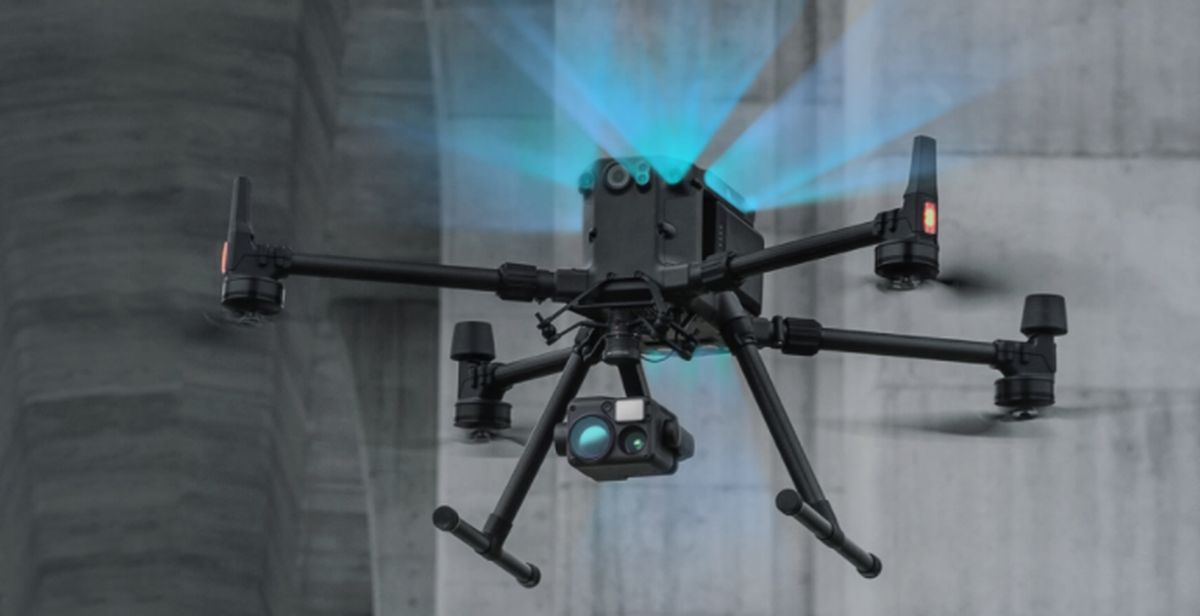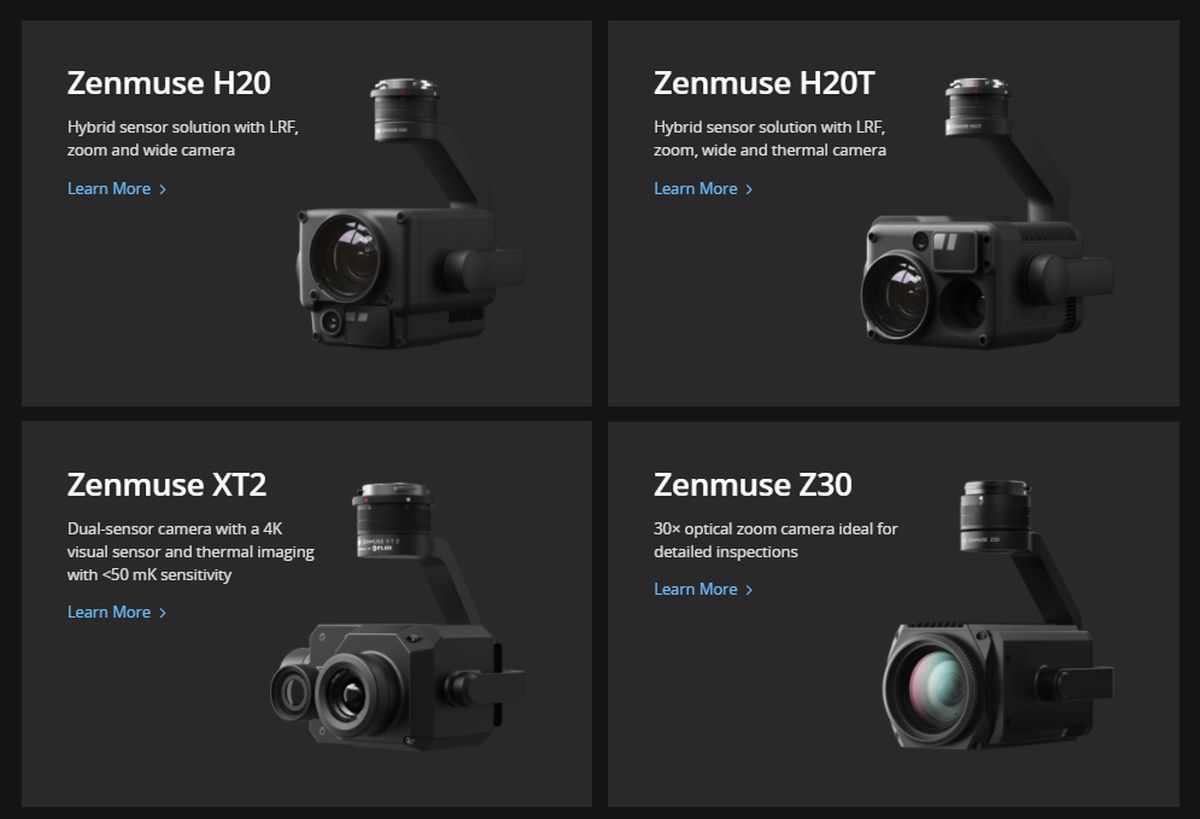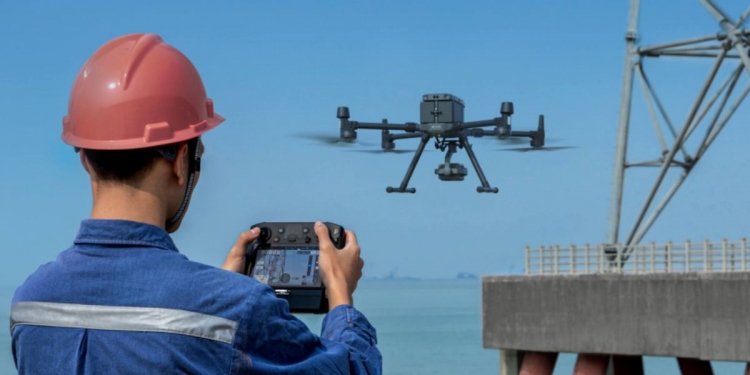Bernama reports that the Selangor state government is allocating RM2 million towards industrial-grade drones to monitor rivers, in response to the recent water supply disruption. According to State Environment, Tourism and Green Technology, Orang Asli and Non-Islamic Affairs Committee chairman Hee Loy Sian, the drones will have two main tasks: to monitor for suspicious activities, and to take water samples.
Various areas in Selangor have recently been affected by water disruptions—first caused by a burst pipe, before a contamination issue delayed the resumption of supply. As such, the state government reportedly hopes to prevent potential issues caused by “suspicious activities” by using drones:
“In fact, they (drones) can also detect individuals at night, including giving early warnings if there are suspicious activities, with this technology we expect to prevent river pollution activities in Selangor in the future.”
Four drones will be managed by the Selangor Water Management Authority (LUAS) and the LUAS Quick Squad to cover the Klang River Basin, Selangor River, and Sungai Langat.
How will everything work? Let’s take a quick look.
The DJI Matrice 300

First, let’s talk about the drones that will be used. The DJI Matrice 300 RTK is DJI’s 2020 workhorse, and is usually used by commercial and industrial-level operators. According to DJI, the Matrice 300 RTK has been used by first responders, inspectors, and surveyors. Pricing depends on the configuration and application of the drone, but reports suggest that a basic package will cost more than USD 10,000 (~RM41,465).
Here are some key specs: the Matrice 300 RTK promises up to 55 minutes of flight time, AI capabilities, 15km of transmission radius, and IP45 water resistance. At the rated max speed of 23m/s, this means that the drone should be able to travel 75 km on a single charge—although this will be affected by wind resistance and other factors. The maximum range will also be affected by various payloads such as additional cameras or accessories.
Taking this into account, it appears that there might be coverage issues when it comes to some of the rivers that will be monitored. The Klang River is around 120km in length, while Sungai Langat has a total length of 78km. Taking the DJI Matrice 300’s range on a single charge, this might be an issue—although there will be four drones in operation for three rivers.
However, there are additional sensor payloads and batteries that are available, so this will probably be the solution for the LUAS Quick Squad—at an increased cost. For example, the government reportedly plans to use the drones to “detect individuals at night”, so you’d imagine that sensors like the DJI H20T thermal camera will have to be equipped.
This means that stations or docking points will have to be set up at various points for the drones to charge. These stations might also serve as collection points for various samples collected by the drones, as mentioned by the committee chairman earlier.
Pricing: Available on request
As mentioned, pricing for the DJI Matrice 300 is only available per request. However, based on various global listings, it appears that a large chunk of the RM2 million allocatiom will be spent on various payloads and sensors, with additional accessories such as thermal cameras required for 24/7 river monitoring. Budget will also have to be spent on manpower, training, and maintenance, with the Matrice 300 requiring high-skill drone pilots and the aforementioned docking stations.

However, with around 1.2 million Klang Valley residents affected by the recent disruption across 1,292 areas in KL, Petaling, Klang/Shah Alam, Kuala Selangor, Hulu Selangor, Gombak, and Kuala Langat, it might be a necessary—albeit costly—decision. For now, financial details on the project are scarce, but RM2 million still appears to be a relatively high budget for a four-drone project.
Hee also discussed the possibility of sabotage when referring to the recent water contamination, calling for increased fines and jailtime for offenders. However, it’s worth noting that the drone project won’t remedy issues such as burst pipes, and contamination prevention appears to be the name of the game here.
The drones will be used from November 2020 onwards, although no further details are currently available on the project. For the full report, click here.
[ SOURCE , 2 , IMAGE SOURCE ]








